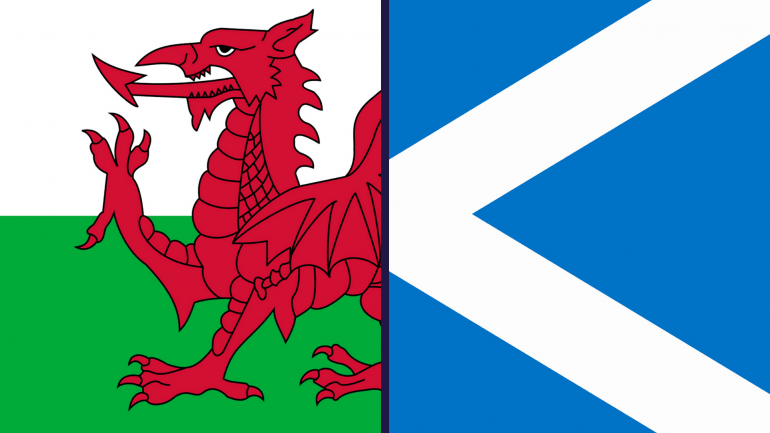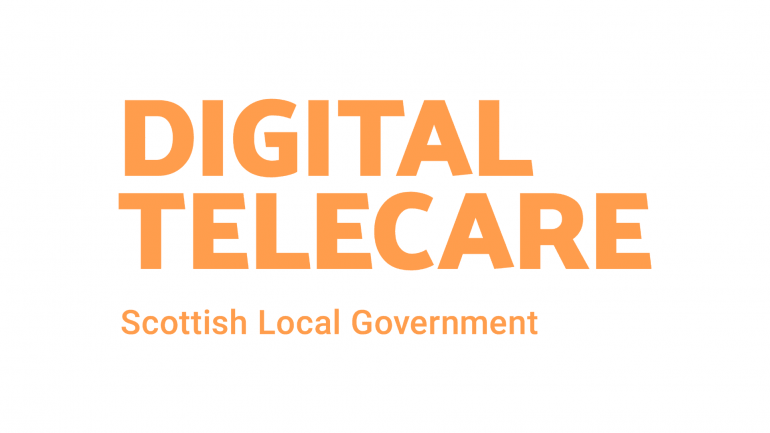Aaron Edwards, Senior Project Manager at TEC Cymru, explains what telecare is, the current landscape and how TEC Cymru will slot in.

What is Telecare?
Telecare services offer remote care for citizens, typically elderly people and those who are physically less able, providing reassurance to them via various assistive technologies. These are typically a pendant and lifeline alarm unit, where the call is transmitted to an Alarm Receiving Centre (ARC).
There are more enhanced ‘packages’ of telecare that can be used for people who have specific health conditions, such as dementia, who otherwise wouldn’t be able to use a manual press pendant. Devices such as door sensors, bed sensors and automatic fall sensors would be used to ensure safety at home, where help is on hand 24/7.
Telecare in Wales
The need for a national programme for telecare in Wales has been spoken about for several years amongst the 22 local authorities that deliver this vital service. Each council in Wales and numerous housing associations provide telecare, ensuring help is always available to citizens and tenants.
However, over recent years these local telecare services have faced an uphill battle; austerity measures, short term funding, income targets and lack of specialist ‘TEC’ knowledge are some key challenges that has left them feeling the pressure when trying to grow their respective services.
Where does TEC Cymru fit in?
TEC Cymru is the national programme that supports the shift to technology enabled care in Wales. We look to scale the adoption of TEC into areas of health and social care at pace, supplemented with robust evidence and evaluation.
Before the telecare programme could be scoped properly, TEC Cymru needed to understand the picture across Wales on how these services were being delivered. With the help of specialist TEC consultancy company FarrPoint, a survey was sent to the 22 local authority telecare service leads. We supplemented this by conducting workshops and focus group sessions with key stakeholders across health, social care and industry. The findings were then packaged together in to a discovery report.
The report confirmed some assumptions, most notably that telecare was being provided in a disparate nature across Wales. Weekly costs vary considerably, ranging from £1.10 to £4.50. Take up (per 1,000 populous) ranges by up to a factor of four, with 43 being the lowest and 143 the highest. There are over 77,000 citizens in Wales who use telecare, this is equal to 34% of the entire population aged over 85.
The discovery report highlighted three key areas for TEC Cymru to focus on:
- Become the centre of excellence for telecare related activity in Wales;
- Support local telecare services with the migration to digital;
- Actively promote telecare development in Wales, and integrate TEC services.
What’s next?
We’ve recently set up a Programme Board, which will be supported by the Telecare Working Group. We’ll meet every six weeks to provide work stream updates to those involved both strategically and operationally with telecare services. This ensures that governance, engagement and action are the cornerstones on which the programme is built.
By mid-2022, we will provide dedicated support to local telecare services via a Resource Centre, which will contain numerous documents that will support colleagues undertaking telecare specific projects. We will also provide staffing resource for digital migration related projects, such as Project Management and Business Analysis. Most local telecare services in Wales will not have a dedicated project team, so there is an urgent need to provide this support at national level to ensure a coordinated, consistent steer.
I’m extremely passionate about telecare and the need to join services up where possible, ensuring a culture of consistency and high performance is embedded across Wales to support those who rely so heavily on these wonderful, life critical services.
Check out the Telecare Discovery Report and get in touch with Aaron if you would like to know more.


 Aaron Edwards
Senior Project Manager
Aaron Edwards
Senior Project Manager

